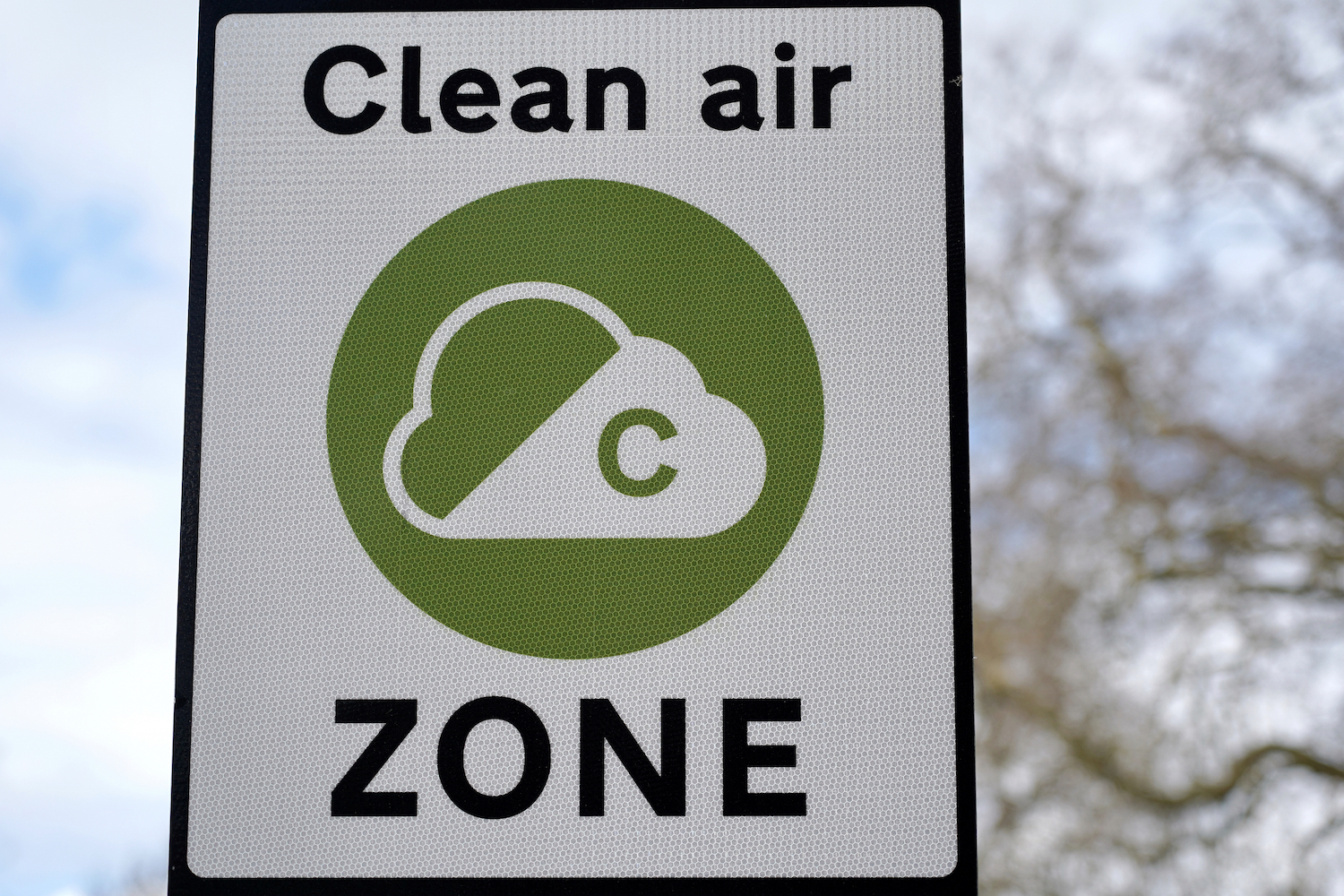Rising fuel prices and the impact on logistics
We all know about the high cost of fuel at the moment – it has gone beyond the normal fluctuations in fuel markets. The logistics industry is familiar with how fuel pricing changes, but what impact does the current high price have on the UK logistics and HGV industry?
Let’s unpack this a little.
Fuel prices and supply chains
Fuel prices play a fundamental role in supply chains as virtually every product is impacted by fuel. Items must be transported from supplier to distributor, and then on to retailers, and the cost of the fuel in this journey has a knock on effect for the total cost of the items themselves.
There is no questioning the direct impact of fuel prices on logistics, so as fuel prices rise then the cost of goods goes up concurrently.
Fuel prices: A challenging year
Since the end of 2018, fuel prices have been creeping up. Recently, due to a number of global factors, the cost of a barrel of oil reached an historic high and these prices were reflected on the forecourts. The situation even forced Chancellor Rishi Sunak to lower fuel duties to ease the burden on customers.
With such high fuel prices, people may have noticed the costs of the goods they buy at shops or online go up. This is because businesses must factor in supply chain costs, and logistics companies have had no choice but to raise their prices in line with the increase in fuel prices.
The challenges of rising fuel costs
Logistics companies face a number of challenges when fuel prices escalate:
- Typically, the rising costs mean companies must either raise their prices or suffer financial losses.
- Rising carrier costs are eventually passed down to the consumer, leading to customer dissatisfaction.
- High fuel prices ripple throughout the economy. Key consumer goods increase in price, energy costs go up and inflation look bad, and this can inform interest rates.
What can logistics companies do to protect themselves?
The logistics industry is used to fluctuations in fuel prices. Supply chains often have failsafe strategies to protect themselves by minimising transportation costs however possible. Strategies include:
- Consolidation (reducing carrier numbers and focusing on single sourcing)
- Making efficiencies (identifying areas for improvement in operations to enhance efficiency and reduce costs)
- Nearshoring (reducing transportation distance for goods to reduce fuel consumption)
The current climate of astronomical fuel prices is bad news for the logistics industry. Strategies are being implemented across the board to mitigate the damage as everyone braces to ride out a particularly difficult economical ecosystem.





